
I have long sensed that the most refined renderings of the human—beginning with the exaltation of the body—are found in fashion photography. Its formal indulgences usually conceal symbolic intentions, more or less explicit. Face and hands alike retain evidence of what has been lived. They are extraordinarily narrative. They speak of the work we have done—and the work we have left undone. They also speak of gesture, both public and private. We shake gentlemen’s hands and kiss ladies’ hands. Acts of recognition and peace.
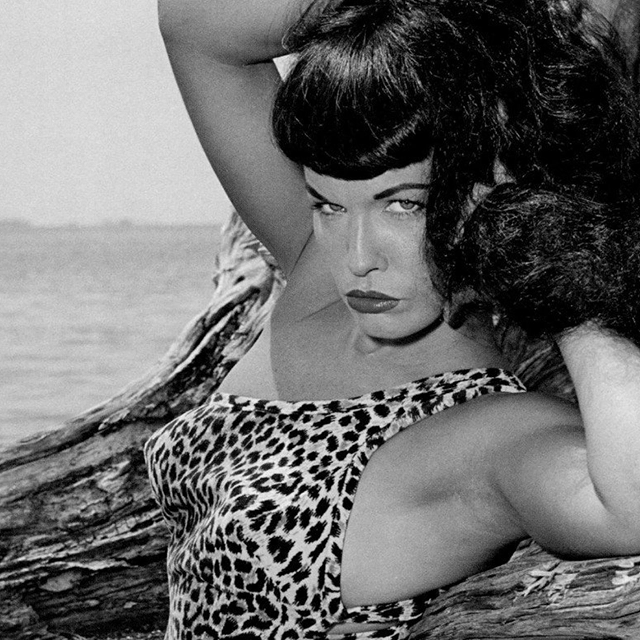
For some time now, fashion—and particularly the advertising that shadows it—has put forth powerful images of Black women. Not the average African American—an archetype we might briefly allow ourselves to treat as stereotype—nor the women born in Europe, but those who come from, dwell in, or have only just arrived from the deepest heart of Africa.

Leafing —digitally— through the latest issue of Tech Life magazine, I come across this advertisement for Luminar 4. I was almost seduced—abducted, rather—by the promise of a digitally retouched future.
A brief investigation confirms that Luminar is a photo-editing software developed by Skylum. It is built upon artificial intelligence and stirs considerable curiosity in the market of credulous souls, among the devotees of technological tinsel and those with very little resistance to the allure of advertising.
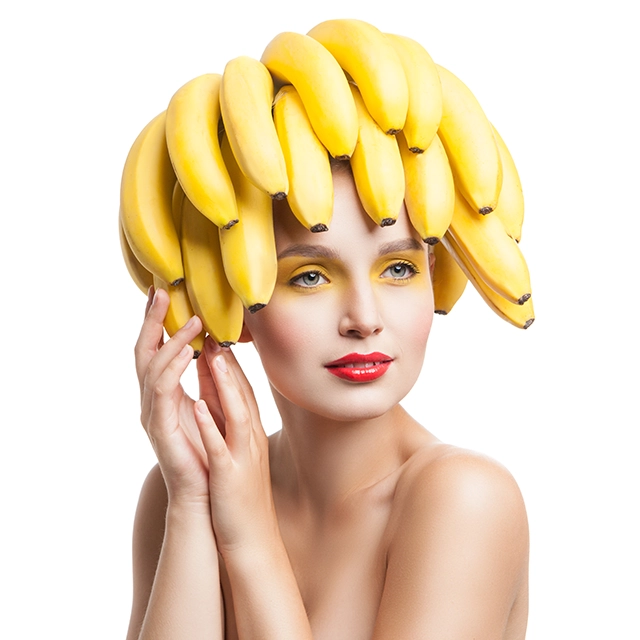
A few days ago, I published a review of an exhibition held in Cincinnati, where the banana—liberated from its role as a trivial fruit—rose as an object of symbolic power, invested with a political density far exceeding what its modest morphology might at first suggest.

There is always that day in October or November when we sense, with unnerving clarity, that a definitive seasonal shift is approaching. In South Florida, such a prelude might be dismissed as a joke; here, in the North, it must be taken a little more seriously.

Only a few weeks ago, the young actress Lili Reinhart—also an advocate for mental health—launched her own skincare line, Personal Day. The brand is specifically formulated for sensitive, acne‑prone skin. Her products are empathetic by design: vegan, cruelty‑free, and consciously gentle.
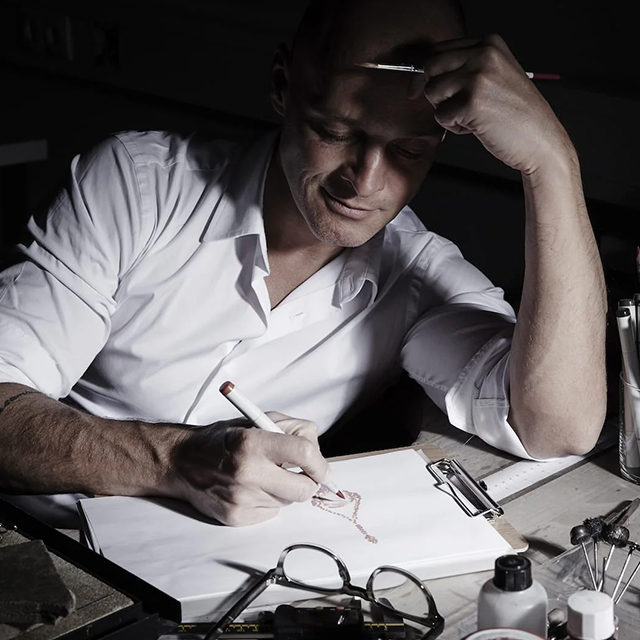
He likes what he sees. He thinks of the fabulous day ahead, but before stepping out he grows serious. At his level, you don’t have too many friends. Oliver is an Austrian jewelry designer—and that detail matters. When you step outside here, you tread on two millennia of cultural wealth. Under the Habsburgs, in the 18th century, this city counted citizens like Mozart, Schubert, and Beethoven. In the 19th, Strauss II. In the 20th, Gustav Klimt. Enough to drive anyone mad. And for the mad: Sigmund Freud.
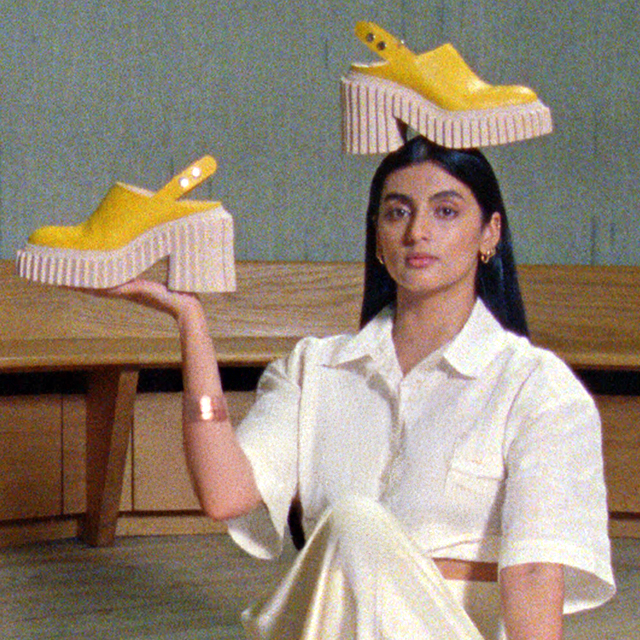
I don’t know what some creatives have rattling around in their heads. AGL—Attilio Giusti Leombrini—is an Italian luxury brand. They make shoes and handbags, all handcrafted. They’ve been doing it since 1958. They’re as old as the Cuban Revolution. Which also has a shoe stuck on its head. AGL blends old‑school leatherwork with contemporary design. The company is now run by three sisters. Third generation. Probably with an iron fist. Sara, Vera, and Marianna—the kind of women nobody dares to contradict, nobody dares to hold eye contact with
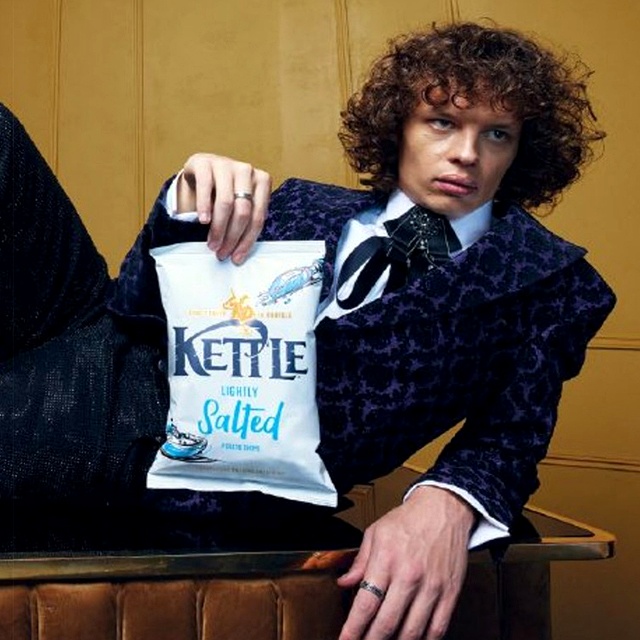
When I was a kid, I was dead sure that anything coming from the so‑called first world—cold fronts first and foremost—had to be good and pretty. Those Nácar soaps, which were anything but nacreous, were handed out along with sugar and oil without wrappers, just as the God of Central Planning had brought them into the world. That filthy little pleasure of tearing off a wrapper was denied to us until they started bringing them in from the Socialist Bloc—cold as well, but not first world.